Columbus Day in America
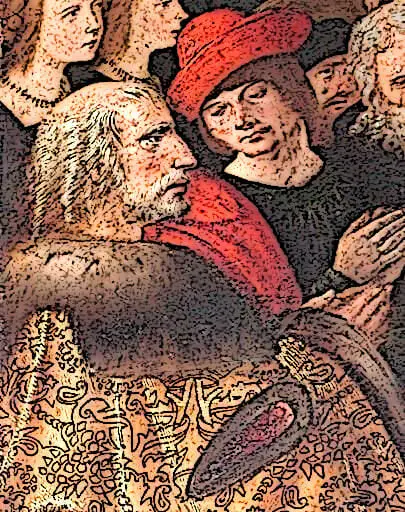
In 1492, Christopher Columbus set sail across the Atlantic Ocean in search of a route to the Far East. He traveled westwards of Europe to find this route. His voyage comprised of the Spanish ships Santa Maria, Nina, and La Pinta. Instead of reaching Asia as he had hoped, Columbus stumbled on North America.
The journey took approximately three months. The discovery of Columbus effectively brought the American continent to the knowledge of the Europeans. The discovery eventually led to the European invasions and colonization of the Americas.
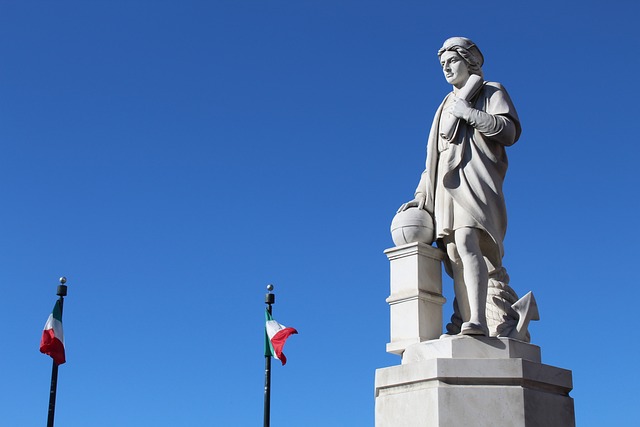
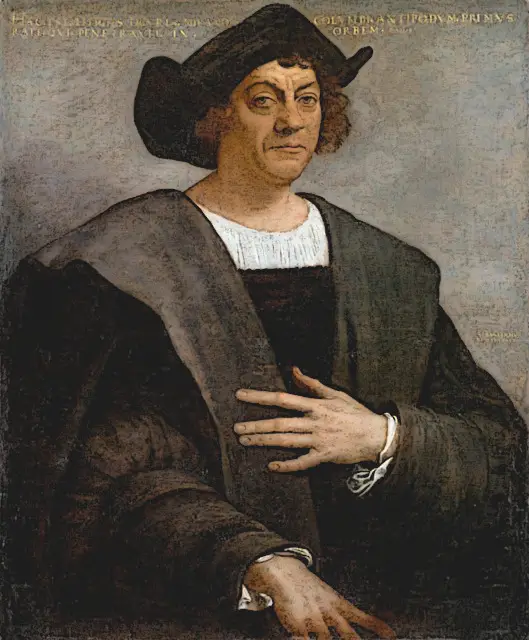
What is Columbus Day?
In the late 18th century, many Americans began to view Columbus as a mythic founding figure. Americans saw him as the bold adventurer who went on to discover a new world and forge his own destiny. Columbus Day, a national holiday in many countries across the American continents, officially celebrates the anniversary of this discovery of the native lands by Columbus, on October 12, 1492.
Origin of Columbus Day
The earliest recorded celebrations of Columbus Day in the United States of America began as early as called upon the people to celebrate the landing on the 400th anniversary of the event. Many Italian-Americans also celebrate this day as a remembrance of their heritage.
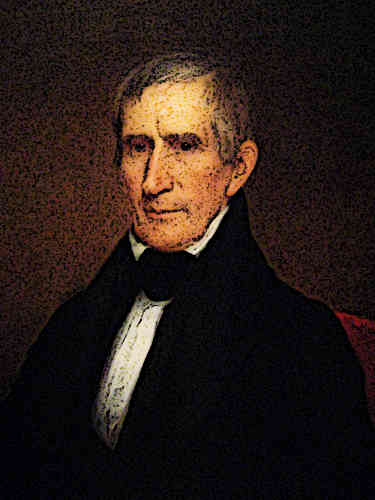
The first such celebration to be held in New York took place on October 12, 1866. It was finally declared a national holiday by President Franklin D. Roosevelt after continuous lobbying by an Italian-American businessman and owner of a chain of Italian-language newspapers, Generoso Pope.
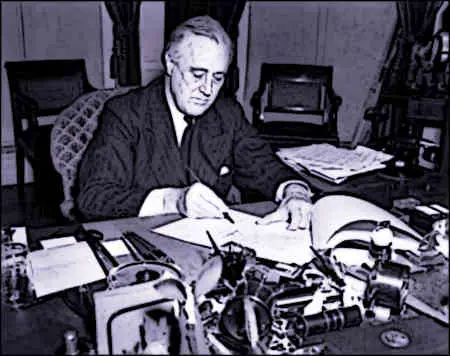
Since 1971, the holiday has been celebrated on October 11, which is coincidentally the same day when Thanksgiving is celebrated in neighboring Canada.
Local Observance
Different parts of the United States of America celebrate Columbus Day differently. From large-scale parades and grand events to complete non-observance of the Day, people have varying views regarding the auspiciousness of this particular national holiday. At least four states in America do not recognize it as an official holiday.
San Francisco claims to host the oldest celebration of Columbus Day with the Italian community’s annual Columbus Day Parade, which was initially started by Nicola Larco in 1868. New York, on the other hand, boasts the largest parade to celebrate Columbus Day, with over 35,000 marchers. The parade is streamed live to over one million viewers across the United States and the world.
Columbus Day Cuisine
Some people celebrate Columbus Day by cooking a cuisine that would be specific to his days on the sea. A traditional feast on Columbus Day includes a salty beef dish, salted pork, rib steaks, and even sea biscuits. The aim of the cuisine is to remember his journey and commemorate him as the grand explorer who discovered the New World.
Other Regional Observances
Columbus Day is also observed outside of the immediate borders of the United States of America. The Latin American name for Columbus Day is ‘Día de la Raza’, which means ‘the Day of the Race’. It commemorates the very first time the Native people came into contact with European immigrants and occupiers.
This was a landmark event for the natives as it brought an end to the ancient era and ushered a new period in their history, one fraught with wars, famine, disease, and other problems. Argentina was the first to recognize the day it is 1917, followed by Venezuela and Columbia in 1921, Chile in 1922, and Mexico in 1928. The day is also observed in many Latin communities across America.
Criticism and Controversy
Opposition to Columbus Day dates all the way back to the 19th century. Natives sought to eliminate the celebration of Columbus Day as it marked the arrival of Catholic immigrants, including the American Catholic fraternal organization, ‘Knights of Columbus’.
However, opposition against the actions of Columbus and Europe against the native populations of America did not gain much support until the latter half of the 20th-century.
One of the strongest criticisms against the Day is that it commemorates the brutal treatment by European settlers (some of them even led by Columbus) of the indigenous populations of the New World.
Replacement with Indigenous People’s Day
Many historians cite that Christopher Columbus enslaved the native Americans after arriving in North America and even ordered their mutilation. For this reason, many historians oppose Columbus Day and its celebrations. Many states such as Florida, Hawaii, Alaska, Vermont, South Dakota, New Mexico, and Maine do not recognize Columbus Day and have instead replaced it with Indigenous People’s Day.
Celebrations in Europe
Columbus Day is also celebrated in Italy and Spain, both of which have ties to Christopher Columbus. Columbus himself was an Italian, although his voyages that led to the discovery of the Americas were funded and backed by the Spanish monarchs.
For this reason, both countries lay some claim to his heritage. In Italy, Columbus Day is celebrated as ‘Giornata nazionale di Cristoforo Colombo’. In Spain, the day is celebrated as Fiesta Nacional de Espana.
Indigenous People’s Day
This day has replaced Columbus Day in many states and regions across the United States. This holiday celebrates and honors Native Americans and commemorates their shared history and culture with the first European (and subsequent) immigrants. Celebrated annually on the second Monday each October, it first began as a counter-celebration to Columbus Day.
Many people celebrate this day in rejection of Columbus Day so as to highlight the plight of the Native Americans after they came in contact with the Europeans. The day also highlights the cultural and historical heritage of the Native Americans.
Summary
- Columbus Day is a national holiday that commemorates the famous explorer, Christopher Columbus, who discovered the American continent in 1492.
- Columbus Day is typically celebrated in the United States on the second Monday of October.
- It is also celebrated in other countries including Italy and Spain.
- Many criticize the day and oppose it on the grounds that Columbus inflicted cruelties on the Native Americans.
- In the United States, many states and communities celebrate Indigenous People’s Day in the place of Columbus Day.
- American Celebrations and Holidays
- Christmas in America
- Columbus Day in America
- Good Friday in Christian Tradition
- Halloween
- History of Thanksgiving
- Independence Day (4th of July)
- Jack-o’-Lantern
- Labor Day
- Martin Luther King Day
- New Year’s Day
- St. Patrick’s Day
- Thanksgiving
- Top 10 American Celebrations
- Trick or Treat: American Halloween Tradition